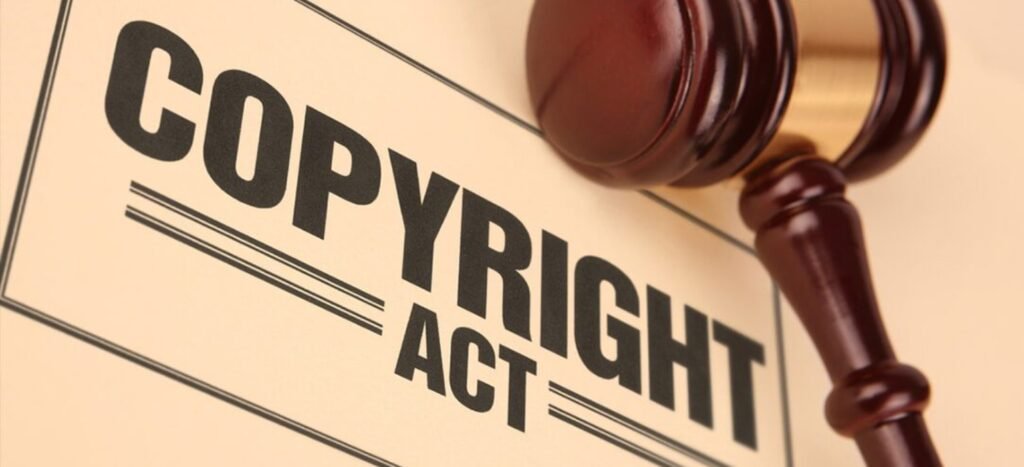
“If a creative person steals your idea, he’s killing his creative ability, if he steals your art, he’s killing his art, if he makes it available to the world, it won’t create the impact you could have created, because it wasn’t from the right source .”
– Michael Bassey Johnson
The Copyright Act, 1957 is one such legislation that protects the creativity of an artist from being exploited by third parties for their personal or financial benefit. Copyright infringement means the use, distribution, production, or display of works originally created by someone else without their consent. As such, section 63 of the Copyrights Act, considers any person who knowingly infringes, or abets to infringe any work as a criminal offense. Originally the punishment as per the section was fine and one year imprisonment but by way of amendment to the Act in 1984 due to the increase in piracy related issues, the punishment was raised to a maximum imprisonment up to 3 years. Also, section 64 states that a police officer can seize all infringing works without any warrant.
Here, confusion arose as to whether the punishment prescribed under section 63 is cognizable or not. To understand this, we must know how the classification of offenses are made under the First schedule of CrPc. It says; the offenses which are punishable with less than 3 years are non-cognizable and bailable. If the offenses are punishable with more than 3 years then it is cognizable and non-bailable.
The minimum punishment as per section 63 is 6 months and maximum is 3 years. So, conflicts arose and courts gave contradictory opinions in different judgments.
In the case of Jitendra Prasad Singh v. State of Assam1, the court held that section 63 is a non- bailable provision. However, in the case of Amarnath Vyas v. State of A.P2, the court observed that section 63 is bailable and non-cognizable. As the schedule specifies that a certain offense is a cognizable one only if the punishment is above 3 years.
However in the case of Abdul Sathar v. Nodal Officer, Piracy cell, crime branch office3, the court took a different approach. It was observed that as section 64 stipulates the punishment up to 3 years, it needs to be considered as cognizable. The schedule clearly mentions 3 years and upwards which is inclusive of 3 year punishments too.
Similarly, in the case of State govt. of NCT Delhi v. Nearest Kumar Garg4, the court relied on section 64 to understand the legislative intent behind the enactment of section 63. As mentioned earlier, section 64 allows a police officer to seize the infringing materials without warrant. Thereby, section 63 is cognizable.
In February 2021, the Punjab High court also held in the case of Nathu Ram vs. State of Rajasthan5. that the offenses under section 63 to be falling under the second category of the schedule and thereby cognizable in nature.
Now, as to whether section 63 is compoundable or not, the punishment given under section 63 is non- compoundable. However, the powers of high court under section 482 of CrPc are wide enough to quash the proceedings arising from a non- compoundable offense. The Supreme Court also in the case of Narinder Singh v. State of Punjab6 observed that in those criminal cases which are predominately of civil character if parties are able to resolve the matters then the courts can quash the proceedings.
To sum up, at present it is a settled position that the punishment prescribed under section 63 of the Copyrights Act is cognizable and non- bailable falling under the second category of offense specified in the schedule of Crpc. It is also non- compoundable however the High courts can quash the proceedings arising from such offenses in the interest of justice.
- (2003) 26 PTC 486 GAU.
- [2007 CRI LJ 2025 (AP).
- (2007 (35) PTC 780 (Ker).
- 2011(46)PTC114(Del).
- D.B. Crl. Ref. No. 1/2020.
- (2014) 6 SCC 466.










